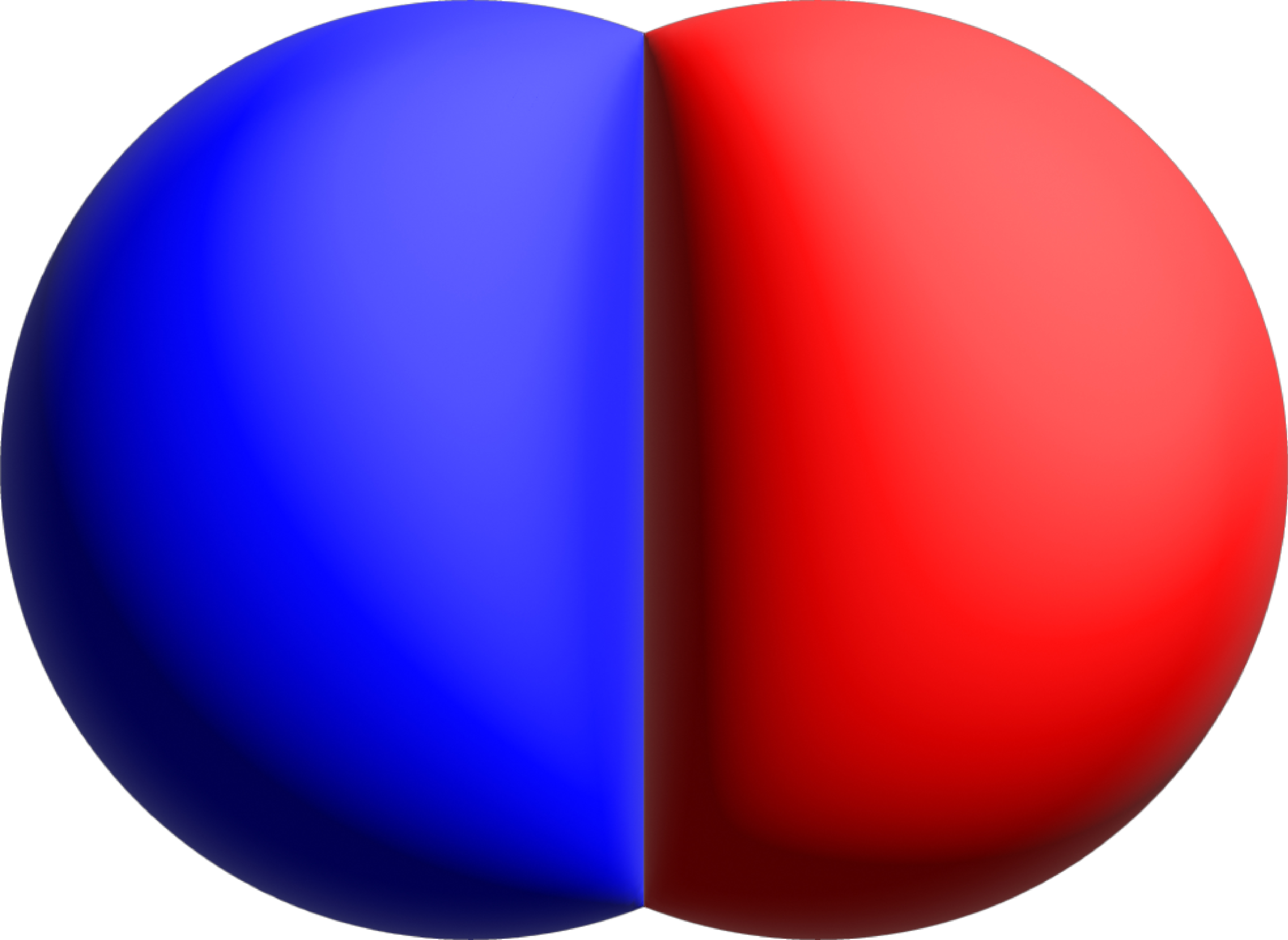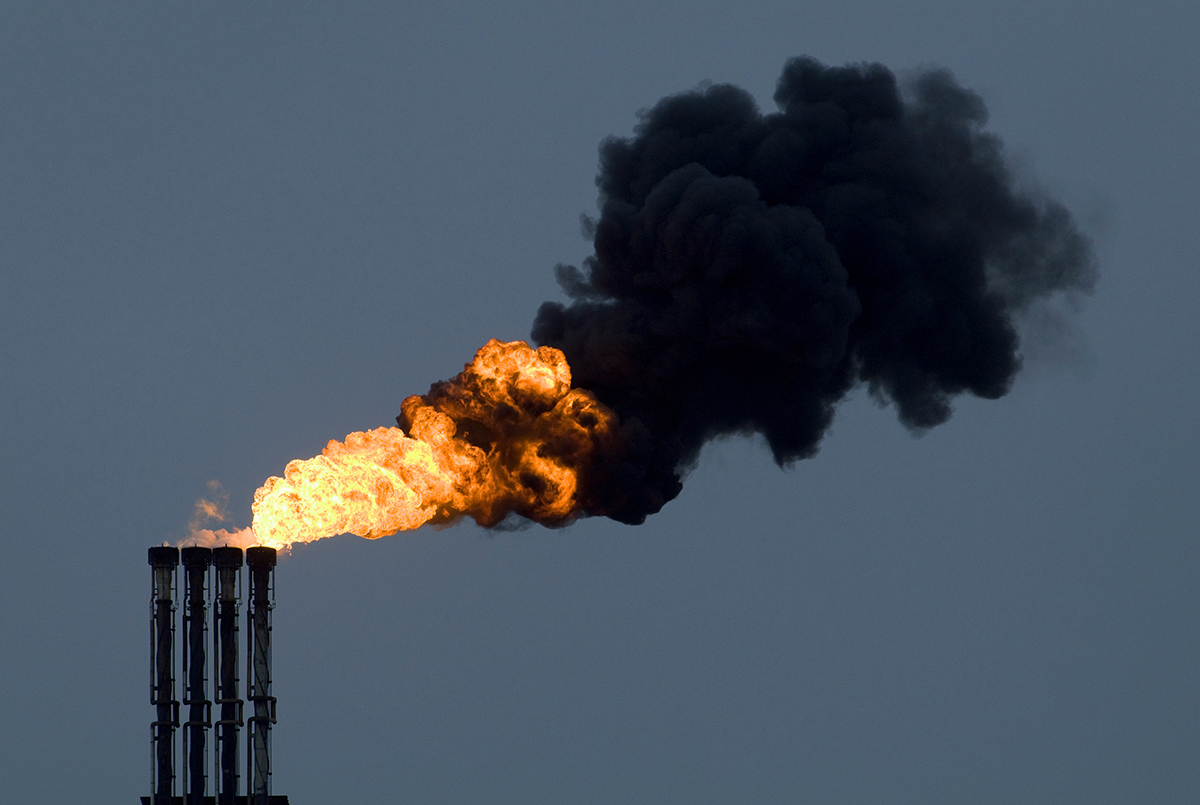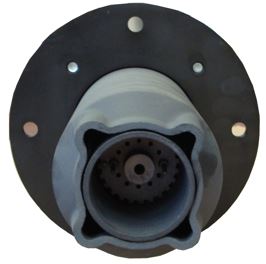What is NOx?
Nitrogen Oxide (NOx), is a common byproduct of combustion processes. Whenever fuel (natural gas, propane gas, methane, coke oven gas, biogas, etc) is burned at high heat, NOx is produced. It is present in emissions from cars, trucks, boats, planes, and construction equipment, as well as industrial equipment like power plants, kilns, furnaces, and ovens.
NOx is a toxic and highly reactive greenhouse gas. It contributes to air pollution, decreased water quality, and global warming. Direct exposure to NOx is known to result in severe respiratory issues, like emphysema.
Environmental agencies and scientists around the world have been sounding the alarm on NOx emissions for decades. The result has been a push for alternate fuel sources and advances in combustion technology.
What are Low NOx Burners?
A low NOx burner has been designed to reduce NOx emissions in the combustion process, and models are available for use with cold air or preheated air, for direct fire or indirect fire.
NOx forms in high temperature zones within the flame, when separated nitrogen molecules bond with oxygen molecules, so it’s common to think of high NOx levels in high temperature applications.
Low NOx burners seek to optimize the air and fuel mixture, creating large, balanced flames with lower peak temperatures, and therefore lower NOx emissions. The flame structure helps reduce oxygen to the hottest part of the flame. With less oxygen present, there are fewer opportunities for separated nitrogen molecules to bond and form NOx.
Just as the potential to produce NOx is greater at high temperatures, the potential to produce CO is greater at low temperatures. Therefore, it is important to clearly define the required operating range of the burner when searching for the right low NOx solution.
It is common for burner manufacturers to provide a document with a guarantee of emissions, as this is often required for obtaining permits. As the production of NOx and CO are dependent on several variables, these variables must be clearly defined for emissions testing conducted by the burner manufacturer, and the same variables will be noted on the guarantee.
What are some advantages of using Low NOx Burners?
Increased efficiency and low NOx often go hand-in hand. When a burner is making more efficient use of the fuel, it means more fuel is being consumed during combustion, instead of being wasted. This efficiency translates to savings on your fuel bill, and while natural gas is relatively inexpensive in the USA, it’s never too early to adopt more efficient strategies.
Increased energy efficiency saves you money, and helps you see a return on your burner investment.
Can you recommend a Low NOx burner manufacturer?
Of course! ESA’s NxT line is designed specifically for low NOx and CO emissions. The NxT line includes the EMB-SIK-NxT direct fire burner for cold air, the REKO-SIK-NxT-FF self-recuperative direct fire burner, the REKO-SIK-NxT-RT self-recuperative radiant tube burner, and REKO-SIK-NxT-SW, a sidewall self-recuperative burner.
If you’d like more information about low NOx burners from ESA, please don’t hesitate to contact us.
For Automation
We believe in automation for all! Visit olstrad.com and contact us to learn how we can help you automate.














